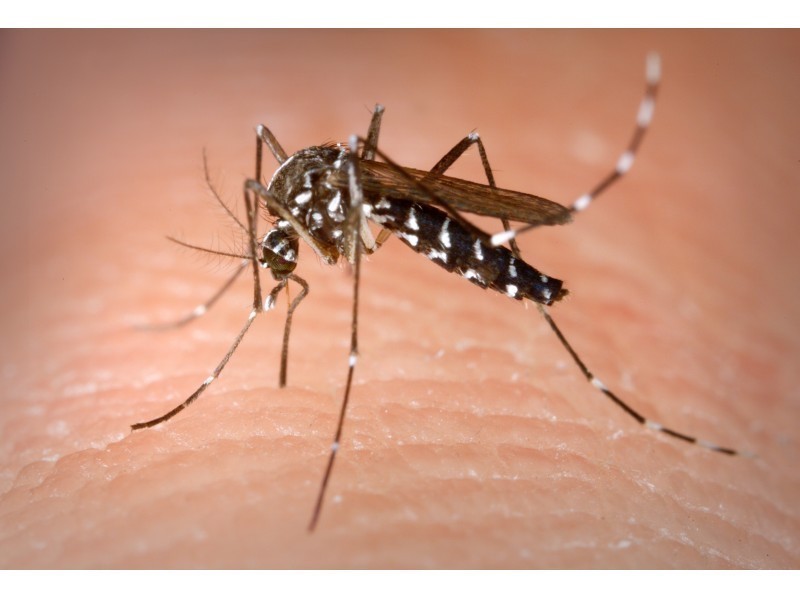New York Ranks 2nd in Cases of Zika Virus
Federal health officials at a White House briefing Monday said the virus is "scarier" than they first thought.

New York has the second highest number of reported cases of Zika in the country -- the virus which U.S. health officials said Monday is "scarier" than they supposed when it exploded onto the world health scene last year.
“Everything we look at with this virus seems to be a bit scarier than we initially thought,” said Dr. Anne Schuchat, deputy director of the CDC, at the daily White House press briefing, according to news reports.
The mosquitos that spread the virus are now believed to be in about 30 states, a much larger area than originally suspected. Zika has been linked to birth defects, and pregnant women have been identified as a group that's particularly at-risk.
The White House was making a case for more funding.
A spokesman for House Speaker Paul Ryan (R-Wis.), responded that the Obama administration was trying to politicize Zika, but Sen. Marco Rubio supported the White House's funding request, thehill.com reported.
HealthGrove analyzed data from the Centers for Disease Control and Prevention, and found that Florida, New York, California and Texas had the highest number of reported cases so far.
Data curated by HealthGrove
According to the CDC, here's a look at Zika in the U.S.A. as of April 6:
US States
- Travel-associated Zika virus disease cases reported: 346
- Locally acquired vector-borne cases reported: 0
- Of the 346 cases reported, 32 were pregnant women, 7 were sexually transmitted, and 1 had Guillain-Barré syndrome
US Territories
- Travel-associated cases reported: 3
- Locally acquired cases reported: 351
- Of the 354 cases reported, 37 were pregnant women and 1 had Guillain-Barré syndrome
The CDC warns pregnant women not to travel to areas with Zika:
Zika virus can be spread from a pregnant woman to her fetus and has been linked to a serious birth defect of the brain called microcephaly in babies of mothers who had Zika virus while pregnant. Other problems have been detected among fetuses and infants infected with Zika virus before birth, such as absent or poorly developed brain structures, defects of the eye, hearing deficits, and impaired growth. CDC recommends special precautions for pregnant women. Women who are pregnant should not travel to areas with Zika. If you must travel to one of these areas, talk to your healthcare provider first and strictly follow steps to prevent mosquito bites during your trip.
In general, travelers are strongly urged to protect themselves by preventing mosquito bites:
- Wear long-sleeved shirts and long pants.
- Use EPA-registered insect repellents containing DEET, picaridin, oil of lemon eucalyptus (OLE), or IR3535. Always use as directed.
- Insect repellents containing DEET, picaridin, and IR3535 are safe for pregnant and nursing women and children older than 2 months when used according to the product label. Oil of lemon eucalyptus products should not be used on children under 3 years of age.
- Use permethrin-treated clothing and gear (such as boots, pants, socks, and tents).
- Stay and sleep in screened-in or air-conditioned rooms.
http://patch.com/new-york/millerplace-rockypoint/s/fp02l/new-york-ranks-2nd-in-cases-of-zika-virus?utm_source=alert-breakingnews&utm_medium=email&utm_term=health%20%26%20fitness&utm_campaign=alert



